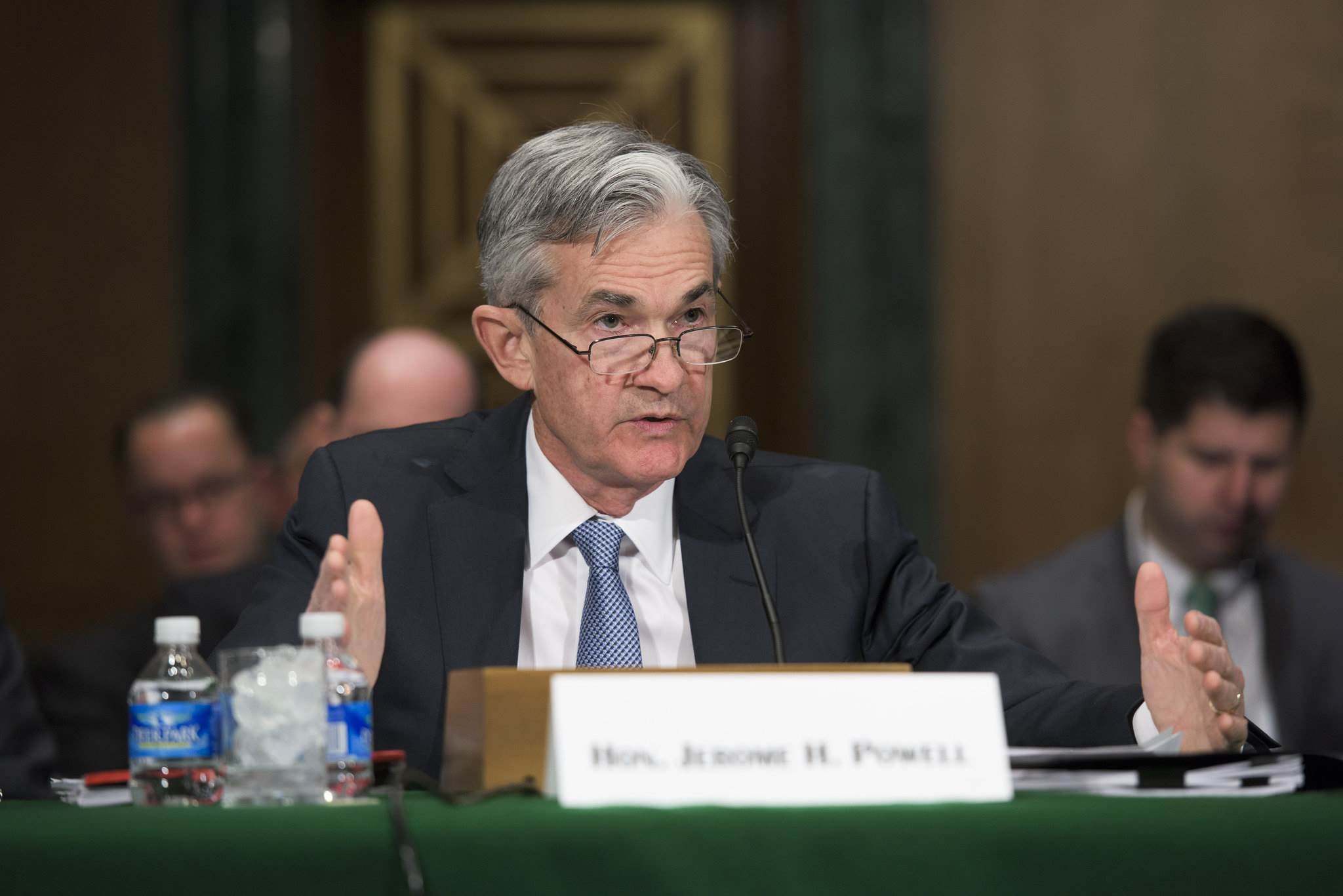 The Federal Reserve announced on Tuesday its plans to conduct repurchase agreement operations (repo operations) until at least mid February, extending the program that has been in place since September. However, the Fed hinted that it may be looking to end its repo plans, though no details were provided.
The Federal Reserve announced on Tuesday its plans to conduct repurchase agreement operations (repo operations) until at least mid February, extending the program that has been in place since September. However, the Fed hinted that it may be looking to end its repo plans, though no details were provided.
The upcoming repo operations will be done in two segments, the first of which will be from January 16 through January 30, which will be $35 billion apiece, similar to recent repo operations. From February 4 to February 13 a second repo operation will take place, with a maximum offering size of $30 billion. The liquidity from these operations will be provided through February 27. The reduction in operations indicates to analysts that the Fed is trying to slowly withdraw from such measures.
The goal of these repo operations is to help maintain control over short-term interest rates and to boost bank reserves. The goal is to keep the federal funds rate between 1.50 percent and 1.75 percent, and to cap the volatility of other money market rates. Analysts had predicted that the Fed’s repo efforts would be ending in January, but the extension of the moves has some analysts predicting that there may still be limited repo operations as late as June 2020, according to reports by the Dow Jones news agency.
Market Movements
The dollar index was modestly lower on Wednesday afternoon in Asia, trading down 0.05 percent to 97.33 .DXY. The greenback eased against the yen on concerns that the details of the U.S.-Sino trade deal that are scheduled to be released today before the deal signing will be less significant than originally expected. The British pound was up 0.11 percent against the dollar, to trade at $1.3031. The euro also gained against the greenback, trading up 0.06 percent to $1.1134 as of 2:36 p.m. HK/SIN. Reuters analysts have priced in a risk-on sentiment for currencies as traders await the details of the trade agreement. The signing by U.S. President Donald Trump and Chinese Vice Premier Liu He is expected to take place at 16:30 GMT.
Asian stock markets were mostly lower on Tuesday after a day of mixed trading on Wall Street. Japan’s Nikkei 225 eased 0.45 percent, as did South Korea’s Kospi. The Hang Seng Index was down 0.43 percent. Both of China’s benchmark indexes were also trading lower. Only Australia’s ASX 200 shirked the trend, trading up 0.47 percent.
